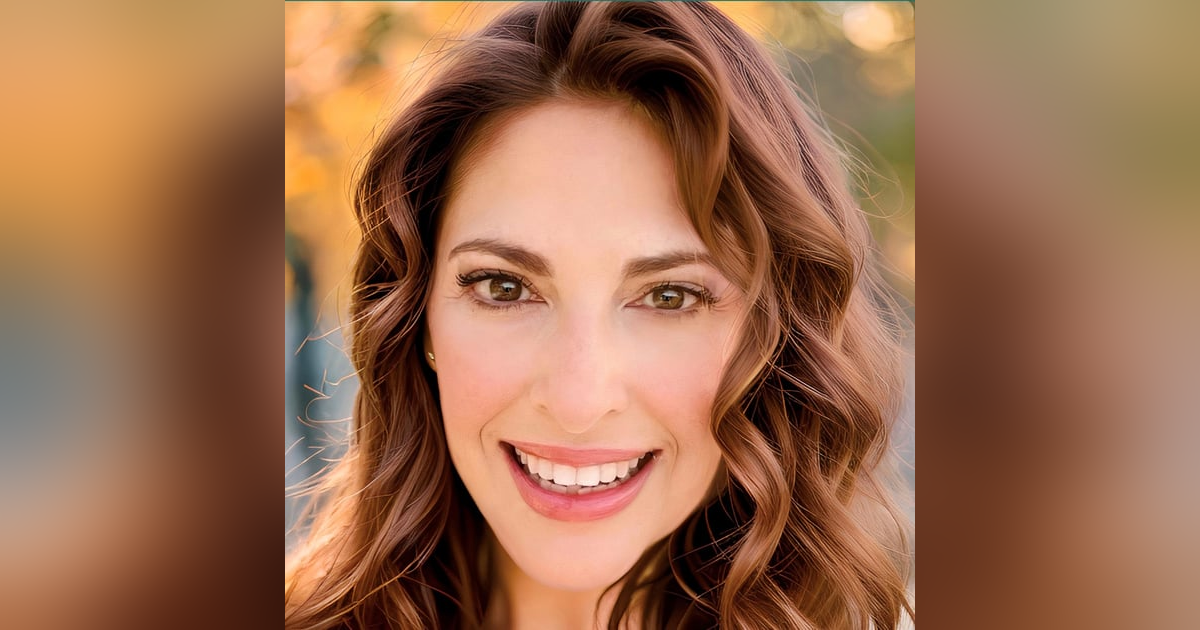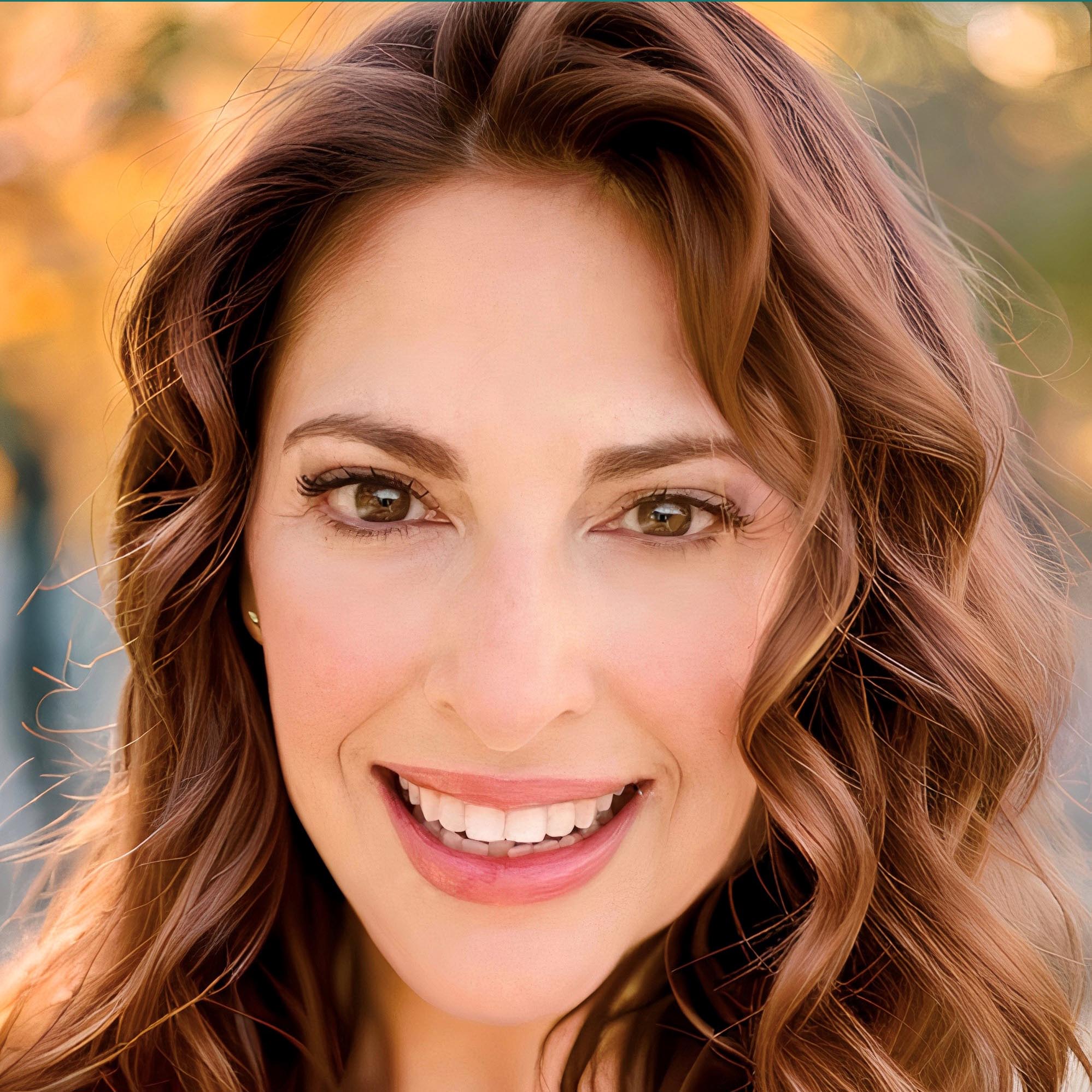Preschool Parenting Secrets; Danielle Lindner


Danielle Lindner is an author who has released a new book revealing preschool parenting secrets. As a distinguished educator, she is renowned for her innovative contributions to early childhood education and literature. With a Master’s in Teaching and Elementary Education from Fairleigh Dickinson University, Danielle has over 18 years of experience in both public and private educational institutions. She founded the London Day School®, a leading preschool recognized for its innovation. Danielle's books, such as “Sofia the Snail,” “Arabelle,” and “Rupert,” feature enchanting characters and rhyming narratives that address everyday challenges faced by children. Her stories, inspired by real-life issues, provide valuable social lessons in an entertaining format. Danielle’s holistic approach to education emphasizes academic, social, and emotional development. Her new book is entitled Parent's Pocket Guide to Surviving the Preschool Years: One Challenge at a Time
Listen & Subscribe on: iTunes / Stitcher / Podbean / Overcast / Spotify Contact Info- Website: www.DanielleLindner.com
- Book: Parent's Pocket Guide to Surviving the Preschool Years: One Challenge at a Time by Danielle Lindner
- I always loved writing poetry. I actually did it. For my last three credits in college, I did an independent study on poetry, and I had to write 40 poems. And I just really enjoyed that. But I also really loved kids and working with kids.
- When I started having my own kids, you know, they were always afraid of the dark, and I thought about how I could explain to them in a really simple, easy, and fun way that they're safe and that the things they're seeing are not scary.
- So I wrote this poem, basically about Sophia, this little snail who's afraid to go into her shell because it's dark in there, so she doesn't want to go to sleep. Then, after I opened my preschool and realized that, wow, there are a lot of kids who are struggling with this, I thought, let me try and self-publish it and get a book and use it as part of a curriculum in our school.
- I encourage kids to be divergent thinkers by asking questions without yes or no answers, opening their minds. For example, I might have a brown bag with a rubber band inside during circle time. I’ll ask the kids to suggest uses for the rubber band other than holding things together.
- Their creative responses, like making a fishing line, are amazing. I then ask them to explain how they would do that, prompting deeper thinking.
- This method helps develop their creative thinking and problem-solving skills. The best innovators think outside the box, so I love fostering this in young kids.
- I believe that bullies are often kids who don't feel good about themselves. Feeling good about yourself includes feeling comfortable in your own skin and being able to self-regulate and calm down.
- If more schools practiced mindfulness from an early age through high school, kids would manage their feelings better, and much of the bullying would decrease.
- My daughter attended a public high school before switching to a private one, where meditation and mindfulness were required courses. This changed the entire school day and improved conflict resolution skills.
- We incorporate mindfulness into our preschool gym program starting at 18 months. Waiting until adulthood to discover mindfulness, as I did in my 40s, is a disservice. It should be part of the curriculum.
- Book: Parent's Pocket Guide to Surviving the Preschool Years: One Challenge at a Time by Danielle Lindner
- App: Headspace
Mindful School Leadership; Daniel Bauer
Learn Mindfulness From Children
Autism Wellbeing; Christian Yordanov
Offer From BruceSeeking relief from stress and anxiety? As a coach and hypnotist, I'm here to help you conquer your inner critic so you can confidently thrive. Email me at bruce@mindfulnessmode.com with ‘I Am Determined' for a free coaching session. Let me help you pave the way to a fulfilling life.